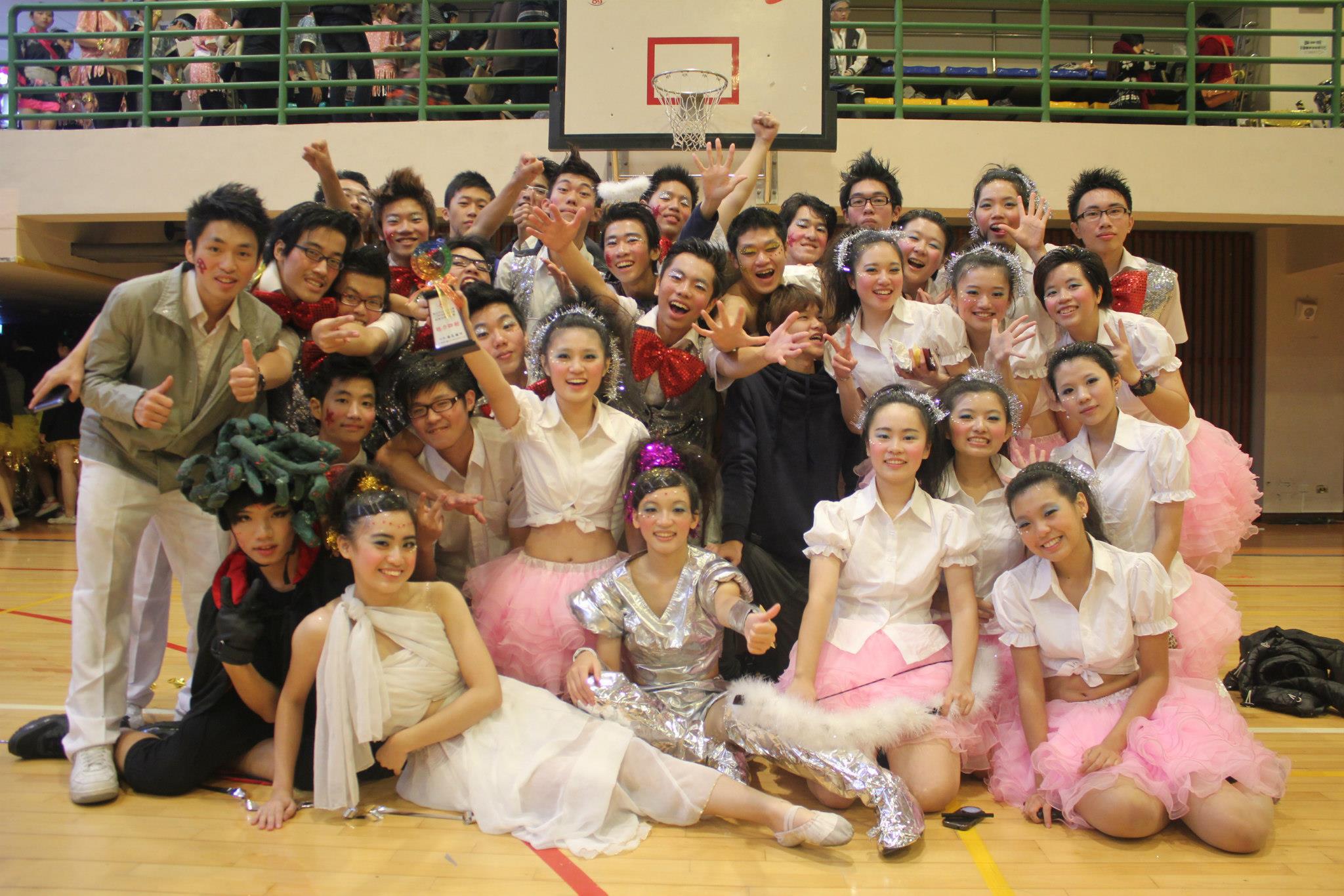Department of Computer Science
Department of Computer Science

I. Goals and Characteristics
Objective:
1. To establish students’ basic theory of computer science, and to settle their foundation of designing and managing information systems. (undergraduate)
2. To use the IT projects to foster students’ skills of IT applications and R&D. (undergraduate)
3. To enhance the theory foundation of information technology. (master)
4. To develop the R&D ability of information technology. (master)
5. To provide the IT personnel from industries and the teachers from junior high and elementary schools to pursue further education, so as to promote the development of their information technology expertise. (master)
Features:
In order to foster undergraduates to have broad information knowledge and technology, the CS selected courses are classified into three categories. It is required that each student take three categories of courses, so as to establish broad and firm IT theory foundation.
In order to establish undergraduates’ practical technologies, system development and basic research abilities, the “information project” course is obligatory. In order to check each student’s course achievement, he would give a public talk at the end of the course. It is hoped to achieve the affect of inspecting and learning from each other’s work.
II. Core Curriculum
v Undergraduate Course Program:
Calculus
Discrete Mathematics
Linear Algebra
Probability Theory
Automata and Formal Language
Introduction to Computer Science I
Introduction to Computer Science II
Data Structure
Computer Network
Operating System
Algorithms
Project Research I
Project Research II
Computer Programming
Object-Oriented Programming
Assembly Language
System Programming
Database System
Compiler Programming
Digital Electronics
Digital System Design
Digital Circuit Design
Computer Architecture
v Selected Courses:
Basic core Track
Networking and communication Track
Multimedia Track
v Master Course Program:
Independent Research
Thesis Panel Discussion
Master Thesis Research
Formal Language
Advanced Operating System
Advanced Algorithm
Advanced Computer Architecture
Advanced Programming
Advanced Computer Animation Programming
Advanced Computer Network
Advanced Database System
Advanced Computer Graphics
Advanced Computer Game Algorithms
Cloud Computing
III. Faculty
*Jui-Chung Hung, Professor(Ph.D.,National Tsing Hua University)
1.Artificial intelligence
2.Forecasting volatility of stock market
3.Direction of Arrival Estimation
4.Android & Web Programming
5.Data Mining
*Chun-Ming Tsai, Associate Professor (Ph.D.,
1.Image Processing
2.Video Processing
3.Machine Learning
4.Brain Computer Interface
5.Document Analysis
*Kun-Han John Li, Associate Professor (Ph.D.,
1.Instructional Technology
2.Computer Education
3.Game Programming
4.Game AI
*Yen-Hung Cheng, Assistant Professor (Ph.D.,
1.Bioinformatics and Computational Biology
2.Computer Theory
3.Design and Analysis of Algorithms
4.Graph Theory and Network Design
5.Information Security
6.Operations Research
7.Programming Design
*Jui-Chung Hung, Associate Professor(Ph.D.,National Tsing Hua University)
1.System on chip
2.Digital system design
3.Computer system practices
4.Intelligent algorithm
5.Fuzzy theory and application
6.Artificial neural network and application)
*Cheng-Ying Yang, Associate Professor (Ph.D.,
1.Satellite Communication
2.Signal Processing
3.Information Security
4.Coding Theory.
*Ta-Wei David Shou, Associate Professor (Ph.D., National Taiwan University)
1.Distributed Systems
2.Algorithms
3.Cloud Computing
4.Digital Learning
5.Android Programming
*Ah-Fur Lai, Associate Professor (Ph.D., National Chiao Tung University)
1.E-learning (m-learning, u-learning)
2.Computer education
3.Research on programming learning
4.Computer-based test and diagnosis
5.Web programming
*Chuan-Ju Wang, Assistant Professor (Ph.D.,
1.Computational Finance
2.Data Analysis
*Shih-Tsung Liang, Assistant Professor (Ph.D., National Chiao Tung University)
1.Mobile and Wireless Networks
2.Internet Protocols
3.Multimedia Networks
4.System Simulation and Modeling
*Dong-Hwa Lu, Assistant Professor (Ph.D.,
1.Computer Graphics
2.Computer Animation
3.Object-oriented Programming
IV. Developments After Graduation
Graduated Students have a broad variety of employments in information industries, including system engineers, system management engineers, programmers, system R&D engineers, and so on. In addition, they may serve as information teachers in elementary schools as well as public servants via national examinations, or continue to do academic research (by applying for examinations of domestic or foreign graduate institutes of different fields: computer science, information engineering, information management, information education, digital learning, and so on).



